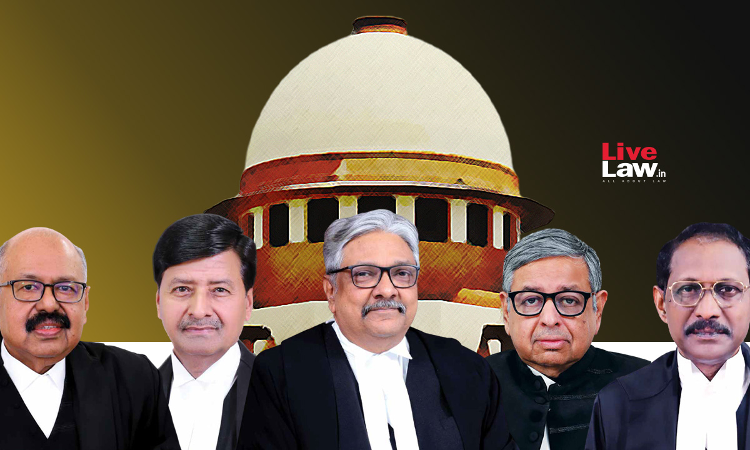Right To Die : How To Make Directions On "Living Will" Workable? Supreme Court Constitution Bench Discusses
Sohini Chowdhury
17 Jan 2023 10:10 PM IST

Next Story
17 Jan 2023 10:10 PM IST
A Constitution Bench of the Supreme Court, on Tuesday, commenced with the hearing of the Miscellaneous Application seeking modification of the guidelines for Living Will/Advance Medical Directive that was issued by way of its judgment recognizing 'passive euthanasia' in Common Cause v. Union of India And Anr.During the course of the hearing, it was made abundantly clear that the directions...
